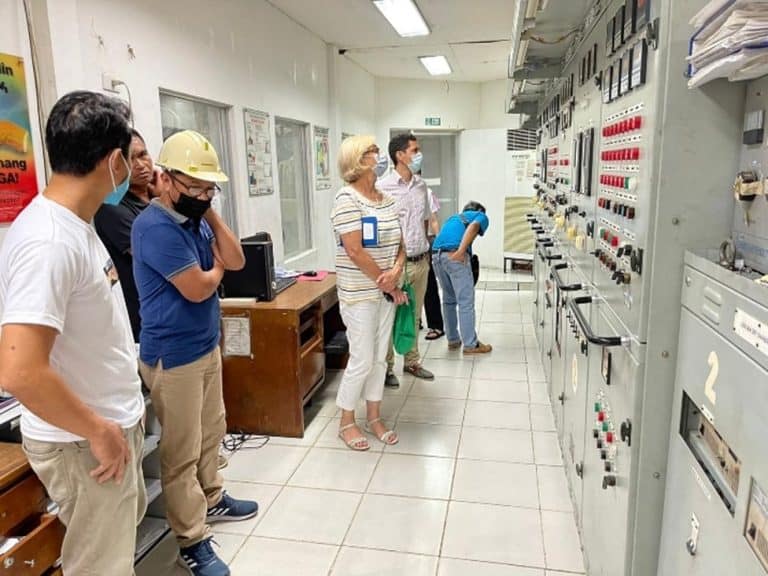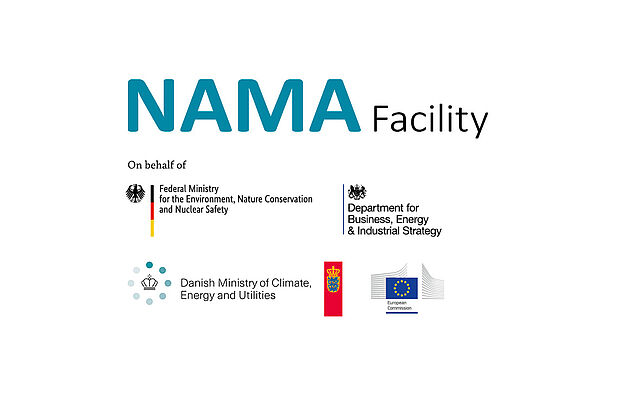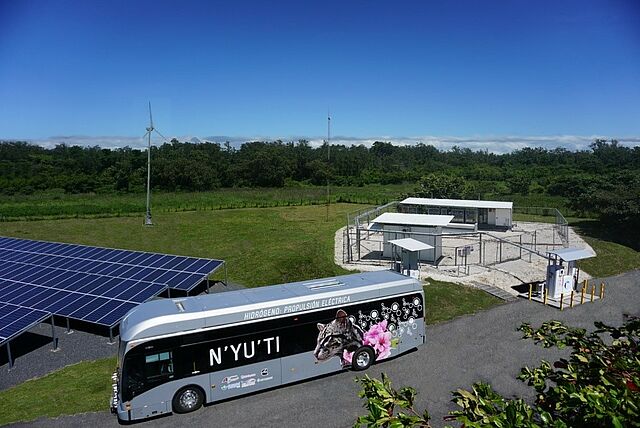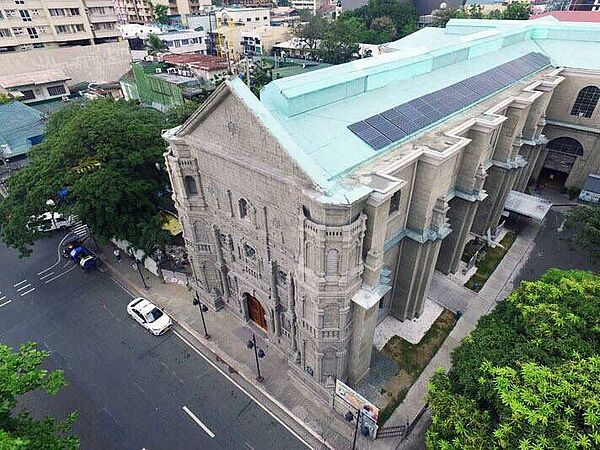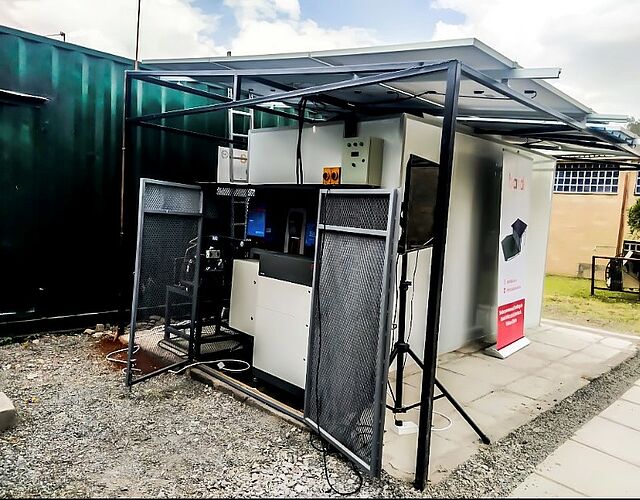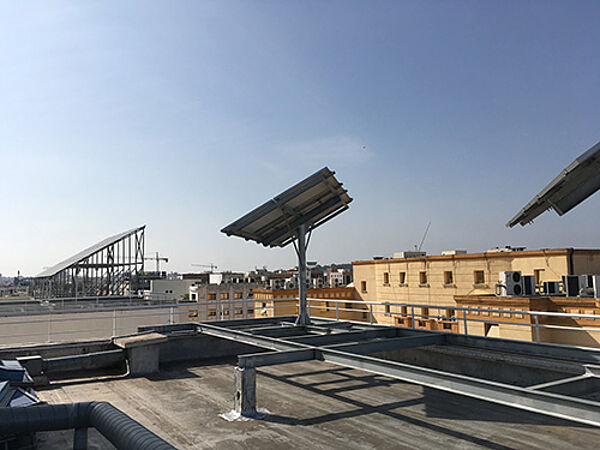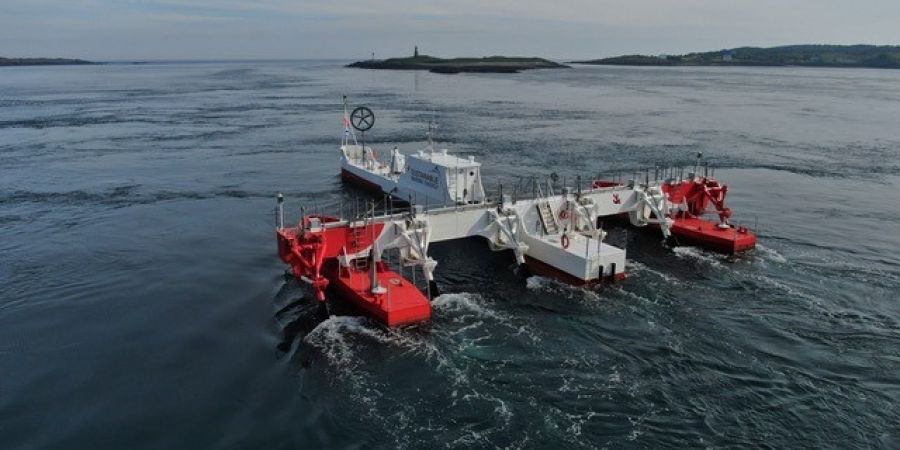
Background: The Philippine energy sector relies heavily on fossil fuels, which stand as the largest contributor to the country’s greenhouse gas (GHG) emissions. This is reflected by the fact that most of the 2,000 inhabited islands of the Philippines are not connected to the national electric grids. Instead, they often rely on inefficient diesel generators as their only source of electricity supply. Consequently, these off-grid islands suffer from high local environmental pollution due to diesel combustion, a largely unreliable and part-time electricity supply, and high cost of electricity generation. This high cost requires considerable subsidies to cover the gap between affordable end-user tariffs and the true cost of generation.
In this context, a combination of tidal stream energy (TSE), and TSE hybrid systems using other renewable energy technologies, are a highly efficient solution. However, these systems are rarely used on a utility scale due to challenges such as (1) lack of access to favourable financing products, (2) lack of awareness about the effectiveness and effectivity of TSE and TSE hybrid systems and (3) the lack of a regulatory framework to promote these technologies.
Approach to Transformational Change: The project “Philippines – Decarbonisation of Electricity Generation on Philippine Islands – Using Tidal Stream and Solar PV”, will provide both funding (via the financial cooperation (FC) component) and advisory support (via the technical cooperation (TC) component). The FC component will offer long-term concessional loans and blend them with CAPEX grants thus rendering the TSE hybrid system investment project viable. The TC component will support the local government in adjusting regulations applicable for TSE, and in the standardisation of processes for licensing of new projects while supporting the review of existing power supply agreements.
The expected impact of this project is that small island grid operators will be able to substitute fossil fuel-based electricity generation through TSE hybrid systems via replicable sustainable private investment projects. These projects will install 64 MW of TSE hybrid systems, and around 100 MWh battery storage in off-grid islands in the Philippines during the lifespan of the project. Additionally, the project expects to catalyse the market for privately financed TSE hybrid investment projects by making financing sources accessible, supporting the establishment of favourable regulatory conditions.
Through the long-term concessional loans to be provided by the project, over EUR 164 million are expected to be leveraged from the public and private sectors.
Mitigation potential: The project will directly mitigate 1.2 million tons CO2e over the lifetime of the TSE hybrid systems.

